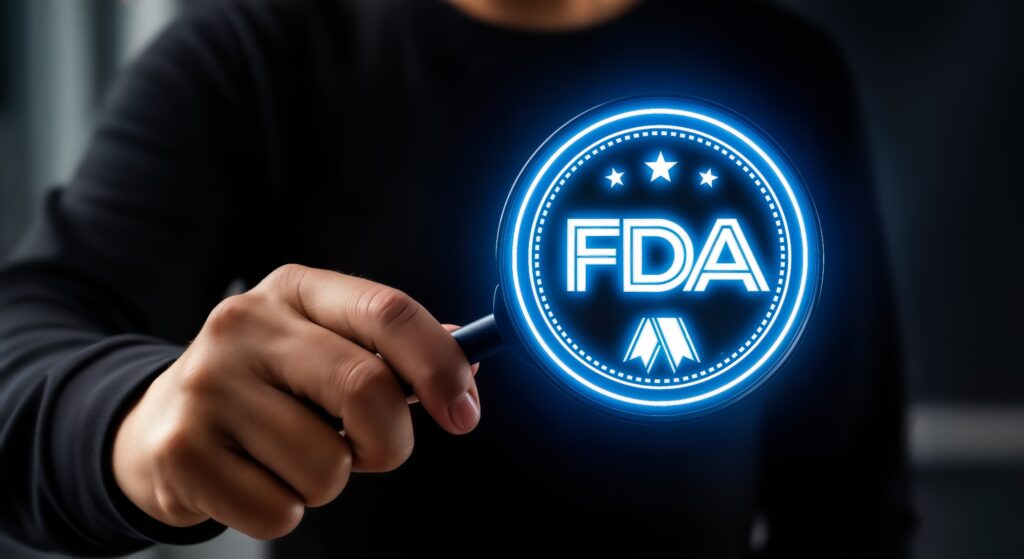The peptide industry is subject to a complex regulatory landscape that affects healthcare providers and practice owners. Staying informed about the latest regulatory updates is crucial for ensuring compliance and maintaining high standards of patient care.
The U.S. Food and Drug Administration (FDA) is a primary regulatory body overseeing peptide usage, particularly in medical and therapeutic applications. Recent updates include stricter guidelines on manufacturing practices, labeling requirements, and marketing claims.
Key FDA Updates:
Manufacturing Standards: The FDA has enforced more stringent Good Manufacturing Practices (GMP) to ensure the purity, safety, and consistency of peptide products. Practices must include rigorous testing and quality control measures.
Labeling Requirements: New regulations require comprehensive labeling of peptide products. Labels must include detailed ingredient lists, clear usage instructions, potential side effects, and contraindications.
Marketing Claims: The FDA has increased scrutiny on unverified health claims related to peptide products. All claims must be supported by robust scientific evidence to prevent misleading information.
International Regulations:
Regulations are not limited to the United States. International bodies, such as the European Medicines Agency (EMA) and regulatory authorities in Asia, also influence the peptide market with their own guidelines and standards.
Notable International Updates:
EMA Standards: The EMA has updated its guidelines to include more comprehensive quality control measures for peptide products, focusing on analytical testing and thorough documentation.
Asian Regulations: Countries like China and Japan have implemented stricter regulations on peptide imports and exports, ensuring that products meet both local and international safety standards.
These regulatory changes have significant implications for healthcare providers. Ensuring compliance with these regulations is essential to avoid legal repercussions and to maintain the trust and safety of patients.
Regular Audits: Conduct regular internal audits to ensure adherence to GMP and other regulatory standards. This includes maintaining detailed records of manufacturing and quality control processes.
Staff Training: Provide ongoing education and training for staff on the latest regulatory requirements and best practices to ensure compliance and patient safety.
Quality Assurance: Implement robust quality assurance protocols to consistently maintain product integrity and safety, including third-party testing and verification.
Educating patients about regulatory standards and the importance of using compliant products can help build trust and credibility. Patients should be informed about the safety measures in place and the benefits of using FDA-approved peptide therapies.
Dr. Alex Johnson, a regulatory affairs specialist, states, “Compliance with regulatory updates is essential for maintaining trust and credibility in the peptide industry. Healthcare providers who prioritize safety and transparency are better positioned to offer effective treatments.”
Navigating the regulatory landscape of the peptide industry is critical for healthcare providers. By staying informed about the latest updates and adhering to regulatory guidelines, you can ensure the safety, efficacy, and quality of peptide products in your practice.
Ensure your practice remains compliant and informed with our range of FDA-compliant peptide products at PEARL. Contact us today to learn more about how our solutions can support your practice and enhance patient care.
Want Deeper Insights into How Peptides Intersect with Metabolic Health?
Join our newsletter for early insights into emerging blends, research developments, and strategies shaping the future of peptide therapy.
